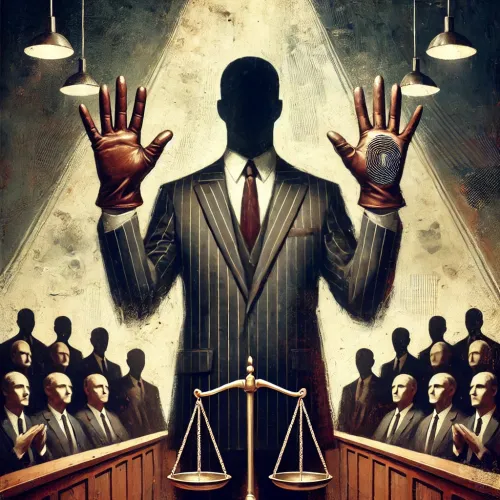Jury nullification embodies the principle that jurors can acquit a defendant who has technically violated the law if they believe that the law itself is unjust or its application would result in an unjust outcome. This practice positions the jury as a vital check within the judicial system, enabling citizens to protect against governmental tyranny and uphold individual liberties.
Historical Context
The concept of jury nullification has deep roots in legal history, particularly within the Anglo-American tradition. One of the most notable early instances is the trial of John Peter Zenger in 1735, wherein a jury acquitted Zenger of libel against the British governor, effectively rejecting the oppressive laws governing freedom of the press at the time. This incident underscored the jury’s role as a safeguard against government tyranny.
During the colonial era and the early years of the United States, jurors were often seen as the last line of defense against unjust laws. Citizens, sometimes more so than judges and legislators, could reflect the community’s conscience. Over the years, as the American legal system matured, the open endorsement of nullification waned, replaced by a more rigid focus on following judicial instructions and codified laws.
Legal Foundations
Legally, juries have the power to nullify, but whether they have the explicit right to do so is a matter of debate. The U.S. Supreme Court, in Sparf v. United States (1895), held that while juries can render verdicts contrary to the law and evidence, judges are not required to inform them of this power. This decision has led to the common practice where judges instruct juries to apply the law as given, without mentioning the possibility of nullification. As a result, jurors often remain unaware of their ability to nullify, unless informed through external sources.
Mechanism of Safeguarding Against Tyranny
Jury nullification operates as a safeguard against tyranny by enabling jurors to:
- Resist Unjust Laws: When laws are enacted that infringe upon individual freedoms or are morally reprehensible, jurors can refuse to convict individuals prosecuted under such statutes, thereby preventing their enforcement.
- Reflect Community Values: Jurors bring the moral and ethical standards of their communities into the courtroom, ensuring that legal outcomes resonate with societal norms and justice.
- Check Governmental Power: By exercising the power to nullify, jurors can impede governmental overreach, acting as a counterbalance to potential abuses of legislative or executive authority.
Ethical and Practical Considerations
While jury nullification serves as a tool against tyranny, it also presents several ethical and practical challenges:
- Legal Consistency: Frequent nullification can lead to inconsistencies in legal outcomes, undermining the predictability and uniform application of the law.
- Potential for Bias: Jurors' personal biases may influence their decision to nullify, leading to unequal application of justice.
- Judicial Tension: The practice creates tension between the judiciary's role in interpreting the law and the jury's power to oppose it based on conscience.
Contemporary Relevance
Despite judicial resistance, jury nullification remains a topic of public interest and debate. Advocacy groups, such as the Fully Informed Jury Association (FIJA), argue that jurors should be informed of their right to judge both the facts and the justice of the law. They contend that an informed jury is essential to a just legal system, capable of mitigating the effects of unjust laws.
Conversely, critics caution that promoting jury nullification could undermine the rule of law and lead to verdicts based on personal prejudices rather than objective legal criteria.
Jury nullification stands as a testament to the power vested in ordinary citizens to act as a bulwark against governmental tyranny. By allowing jurors to render verdicts aligned with their moral and ethical beliefs, it ensures that the application of the law does not become a tool of oppression. While it introduces complexities into the legal system, its role in upholding individual liberties and reflecting community moral standards underscores its enduring importance in a democratic society.



